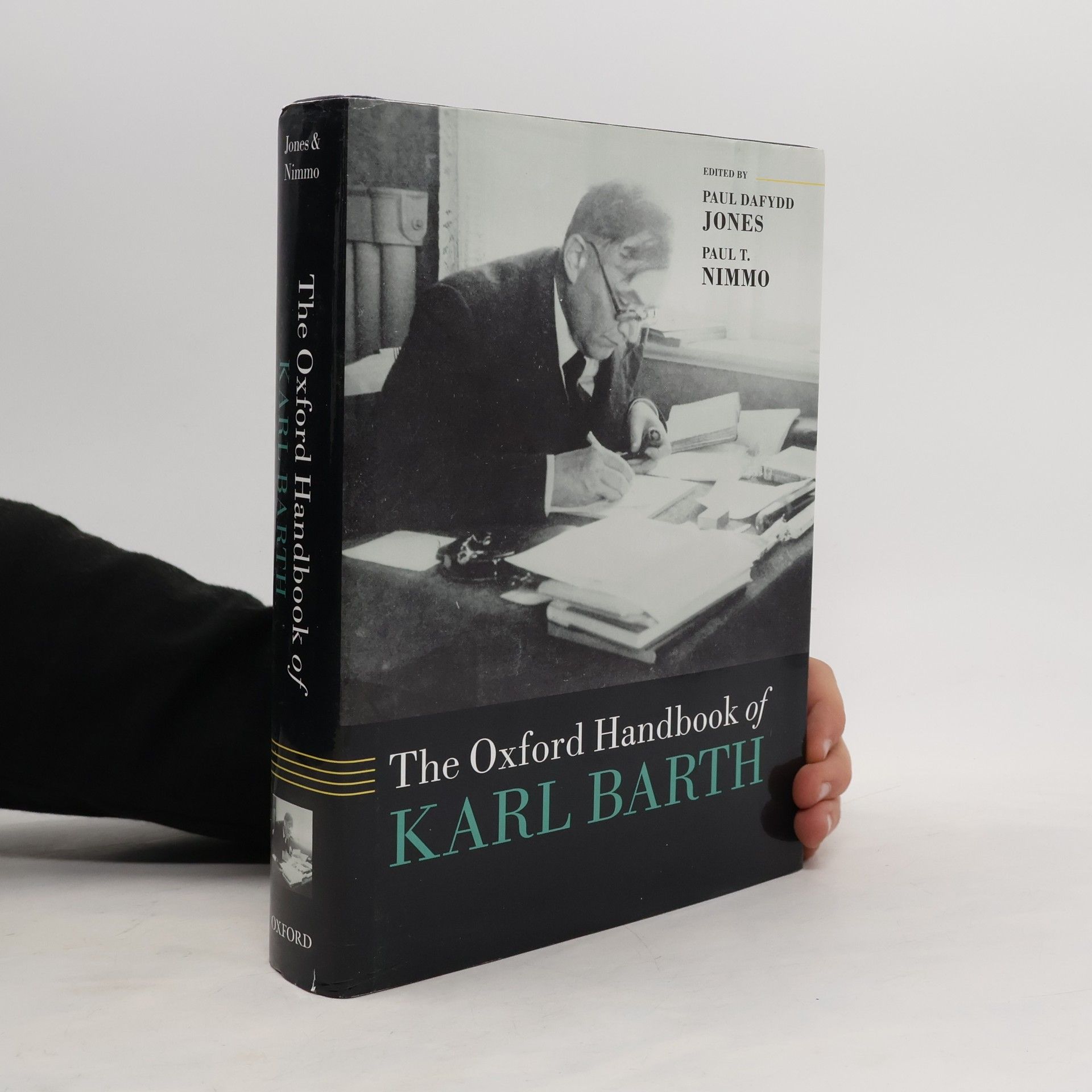Karl Barth is perhaps the most influential Protestant theologian of the twentieth century. This Guide to his thought, written by one of the leading scholars of Barth, offers a concise but comprehensive introduction to his theology. The first chapter of the book considers the life and work of Karl Barth. Thereafter, the chapters examine in turn the key theological topics which Barth treated in his magnum opus, the Church Dogmatics – the doctrine of the Word of God, the doctrine of God, the doctrine of creation, and the doctrine of reconciliation. In each case, the theological path which Barth follows is first traced and then illuminated, recognising key lines of critique at appropriate junctures. The final chapter considers the legacy of the work of Barth, and the book closes with a list of suggestions for further reading. This structure follows the series format of the Bloomsbury T&T Clark Guides for the Perplexed, and offer a clear and accessible introduction to Barth’s thought.
Professor Paul T Nimmo Livres


The Oxford Handbook of Karl Barth
- 736pages
- 26 heures de lecture
Karl Barth (1886-1968) is recognized as the most significant European Protestant theologian of the twentieth century, with a legacy comparable to that of Augustine, Aquinas, Calvin, Luther, and Schleiermacher. His influential works, including the Epistle to the Romans and the multi-volume Church Dogmatics, span various genres—theological, exegetical, historical, political, pastoral, and homiletic—shaping contemporary theology and church life. In recent decades, Barth's contributions have been central to key developments in Christian theology, philosophy of religion, and religious studies. The Oxford Handbook of Karl Barth is the most comprehensive guide to his work, featuring over forty original chapters authored by experts. It offers in-depth analyses of Barth's life and context, insightful interpretations of his key ideas, and explores new avenues for critical and constructive reflection. The Handbook aims to clarify the complexities of Barth's theology, engage with it from diverse perspectives, and convey the joyful essence of theology as Barth envisioned it. This resource will be invaluable for undergraduates, postgraduates, academics, and general readers for years to come.